NFT marketplaces integrate varying blockchains. Therefore, it is vital to consider the blockchain(s) supported by each platform. Some of the popular NFT chains are Ethereum, Polygon, Solana, Avalanche, Cardano, and Tezos. These different blockchains have their advantages as well as their drawbacks. In particular, your choice of blockchain could have an extensive impact on the amount of gas fees you end up paying for transactions. For instance, Polygon generally has lower gas fees for NFT transactions compared to Ethereum.
Documentation
⌘K
- Complete NFT Course
- OpenSea: A Step-by-Step Guide to Understanding It
- OpenSea is the first and largest general marketplace for trading non-fungible tokens (NFTs).
- What Are NFTs and How Did They Get So Popular?
- What Are dApps?
- What Is OpenSea?
- How does it work?
- How to use it
- Listing Your NFT
- Search Options to Discover NFTs
- Making an Offer
- Purchasing an NFT
- Locating Your NFTs on OpenSea
- Analytics for Sellers
- The proliferation of NFT clones
- Exploitation through the use of bots
- Phishing Attacks
- Our Conclusion
- OpenWord’s Anti-Plagiarism System
- OpenWord.io Monetizing Text Content in the Web3 World
- Home
- Documentation
- Complete NFT Course
- NFT Marketplaces
- Choosing the Ideal NFT Ma...
- Supported Blockchain


